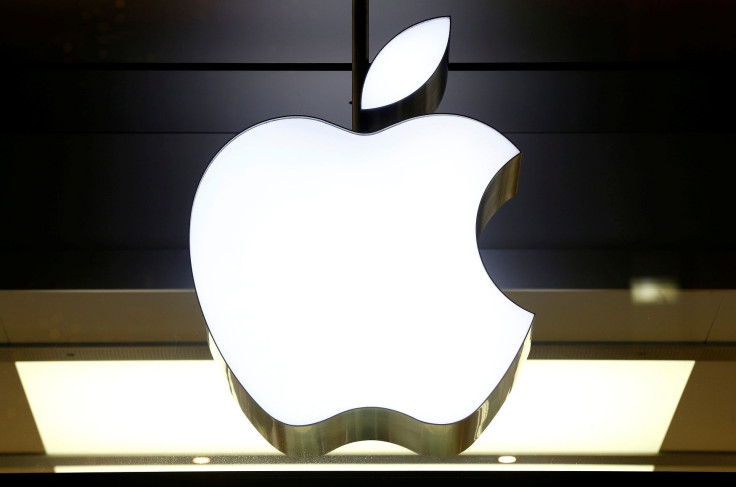Apple tax evasion update: US Technology giant, Ireland to appeal EU tax ruling

In the wake of Apple tax evasion ruling, Apple Inc and Ireland have announced that they will appeal to the European Union (EU) that subjects the US company to pay US$14 billion (AU$19 billion) EU tax to Ireland. Both Ireland and Apple have laid out legal arguments that would form the basis of their respective appeals.
Apple’s argument
The US technology giant has said that the EU regulators not only ignored tax experts and corporate law but also deliberately maximised the penalty.
On August 30, the company’s tax deal with Ireland was deemed illegal state aid after which the EU ordered it to repay about 13 billion euros (AU$19 billon approx) to Ireland, where Apple’s European headquarters is located.
According to the European Competition Commissioner and former Danish Economy Minister Margrethe Vestager Apple's Irish tax bill implied a tax rate of 0.005 percent in 2014.
General Counsel Bruce Sewell and Chief Financial Officer Luca Maestri have stated that they will lodge an appeal against the Apple tax evasion ruling by the commission at the Europe’s second highest Luxembourg-based General Court in this week.
Sewell said that the company was being targeted for its brand image. “Apple is not an outlier in any sense that matters to the law. Apple is a convenient target because it generates lots of headlines. It allows the commissioner to become Dane of the year for 2016,” Sewell told Reuters.
The company will tell the judges in court that the commission ignored tax experts which were brought in by the Irish authorities. “Now the Irish have put in an expert opinion from an incredibly well-respected Irish tax lawyer. The Commission not only didn't attack that - didn't argue with it, as far as we know - they probably didn't even read it. Because there is no reference (in the EU decision) whatsoever,” Sewell said.
Ireland’s argument
The Irish government said in a statement, “The Commission has manifestly breached its duty to provide a clear and unequivocal statement of reasons in its decision, in relying simultaneously on grossly divergent factual scenarios, in contradicting itself as to the source of the rule that Ireland is said to have breached, and in suggesting that Ireland granted aid in relation to profits taxable in other jurisdictions”.
In 2014, the commission had also accused Ireland of breaking EU state aid rules by dodging the international tax rules and thereby letting Apple take back its profits worth tens of billions of dollars from tax collectors in return for maintaining jobs.
The commission’s Apple tax evasion ruling had angered the US government, which in turn accused EU of trying to take hold of the revenue that was intended for the US coffers.






